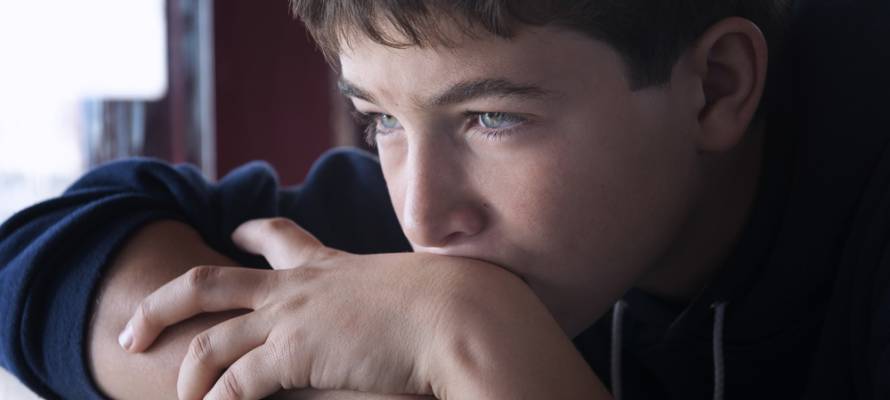Rimon Tubin, the founder of HackAustism, tells JNS the Start-Up Nation ought to be able to aid those with disabilities.
By Howard Blas, JNS.org
“I could have been rich,” Rimon Tubin tells JNS. “But I am enriched.”
Tubin worked in data and project management at Bank Hapoalim for 15 years before becoming chief technology and innovation officer at Pangea IT, a digital identity, services and security company. In January 2021, he quit to run HackAutism, where he is “founder, dreamer and performer.”
He decided to devote his professional life to the cause that was at the forefront of his personal life. His 22-year-old son Yuval is on the autism spectrum and Tubin wanted to help Yuval and others with autism worldwide, so he created HackAutism, whose mission is to encourage and facilitate the creation of innovative technologies to help people with autism and their families.
By some estimates, one in 44 children is on the autism spectrum. Tubin believes 200,000 Israelis have autism.
“If the Start-Up Nation is so good at technology, entrepreneurship and innovation, why can’t people with disabilities also benefit?” he asked.
Tubin seems to be seeing progress each year, particularly in the annual hackathon, which is now in its fourth year. So far, the hackathons—24-hour entrepreneurship competitions focusing on solving autism-related challenges—have produced 42 ventures, 15 of which have raised initial funding.
The annual process includes the hackathon, a startup accelerator and a demo day, with winners going on to incubator and investor evenings. What begins as 100 ideas gets winnowed down to 25 (the “semifinals”) at the hackathon.
Participants from various disciplines sit at a roundtable and think jointly about a challenge. After that, they present a product or service to the judges. Of the 25, 10 reach the finals, where judges then select three winners.
“The goal is for these three to raise funds and establish companies,” Tubin said.
This year, first place at the events, held recently at the College of Management Academic Studies in Rishon Letzion, went to Dive, an artificial intelligence platform that helps employers identify and hire workers with autism. Cristalix, a personalized, virtual, cognitive behavioral therapy platform to treat social and intellectual difficulties in children and adolescents won second place. And third place went to It’s Time To, which helps autistic children navigate stressful transitions.
The competition judges included academics and entrepreneurs, as well as Lihi Lapid, the president of SHEKEL, a community organization for people with special needs. She and her husband, Israeli opposition leader Yair Lapid, have a daughter with autism.
Yuval Wagner, founder and president of Access Israel, which promotes accessibility and inclusion, was one of this year’s judges.
Life-improving technologies
“Access Israel chose to help the HackAutism organization and its founder, Rimon, because this organization focused on technologies and innovation specifically focused on solutions for autism,” Wagner told JNS. “We believe that the HackAutism hackathons and accelerators will bring life-improving technologies for people with autism.”
HackAutism also raises awareness about autism.
“Over the years, thousands of people have been involved in HackAutism. They include judges, mentors, volunteers and more,” Tubin told JNS. “Some had come into contact with autism in the past and were happy to use their knowledge, experience and entrepreneurship to help. Others had not been involved with people with autism and became involved through their participation.”
Tubin hopes, with support from the Foreign Ministry, to create an international HackAutism.
Benny Alon, CEO of the College of Management Academic Studies, was also a judge this year. At the event, he announced the expansion of the cooperation between the college and HackAutism.
“For the first time an innovative academic course for managers, the Start-Up Nation incubator, will be launched at the college, which will focus on entrepreneurship and technological innovation for people with disabilities,” he said. The course will be open to students from all disciplines, and will involve development of a product, he said.
Tubin always remembers that HackAutism began with inspiration from one person, his son.
“When Yuval was born in 2000, I told him that he was my gift to the world. When he was diagnosed with autism in 2008, we were advised to give him as much love as possible,” he told JNS.
There are challenges, but Tubin remains focused on doing what he can to help his son and others who have autism.
“I remain the father of a young child and will remain so forever,” he said. “We are not always asked if we want to do something or not. Sometimes we must live with it, or learn to live with it.”
